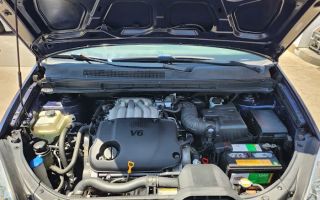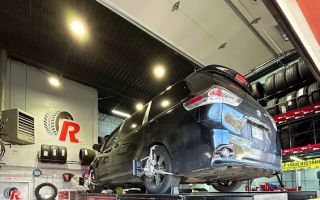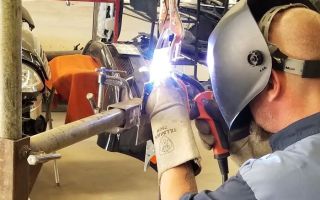How to Fix Your Car's Air Conditioning System Like a Pro
1. Why Your Car's Air Conditioning Might Stop Working
Driving in the summer heat with a malfunctioning air conditioning system can be uncomfortable, to say the least. Trust me, I've been there. On a road trip across the desert last summer, my car's AC decided to stop working just as the temperature hit 100°F. I had to pull over and start troubleshooting, and while I didn’t have the tools to fix it right then and there, I learned a lot about what can go wrong with car air conditioning systems. Let's break down some of the common reasons why your car's air conditioning might stop working. One of the primary reasons an air conditioning system fails is a refrigerant leak. The refrigerant in your system is what cools the air, and if there's a leak, the system won't be able to cool the air effectively. Another potential issue is a broken compressor. The compressor is essentially the heart of your AC system, and if it stops working, the entire system can fail. Other reasons include electrical issues, a clogged cabin air filter, or even a malfunctioning condenser. By understanding these potential issues, you'll be better prepared to fix your AC.2. Understanding Your Air Conditioning System
Before diving into repairs, it’s important to understand how a car's air conditioning system works. Your car's AC system is quite similar to the cooling system in your home refrigerator, with the main difference being that your car's system is built to operate in a vehicle environment. It includes several key components:- Compressor: This pumps refrigerant through the system and is powered by the engine. It's the most vital part of your AC system.
- Condenser: It cools the refrigerant after it's compressed, turning the gas into a liquid that can absorb heat.
- Evaporator: This is the part inside your car that cools the air that blows into your cabin.
- Refrigerant: This is the coolant fluid that absorbs and releases heat to regulate the temperature inside your car.
3. Common Symptoms of a Broken AC
How do you know if your car’s AC needs repair? There are a few tell-tale signs that your system might be on the fritz:- Weak Airflow: If your AC isn’t blowing air with enough force, the issue could be with the blower fan or the cabin air filter.
- Warm Air: If your AC is blowing warm air despite being on full blast, there could be a refrigerant leak, or the compressor might not be working properly.
- Unusual Noises: Strange noises like clicking or grinding sounds can indicate a problem with the compressor or the blower fan.
- Foul Odor: If you smell mold or a musty odor coming from your vents, there might be a build-up of bacteria or mold in the evaporator coil or the air ducts.




























